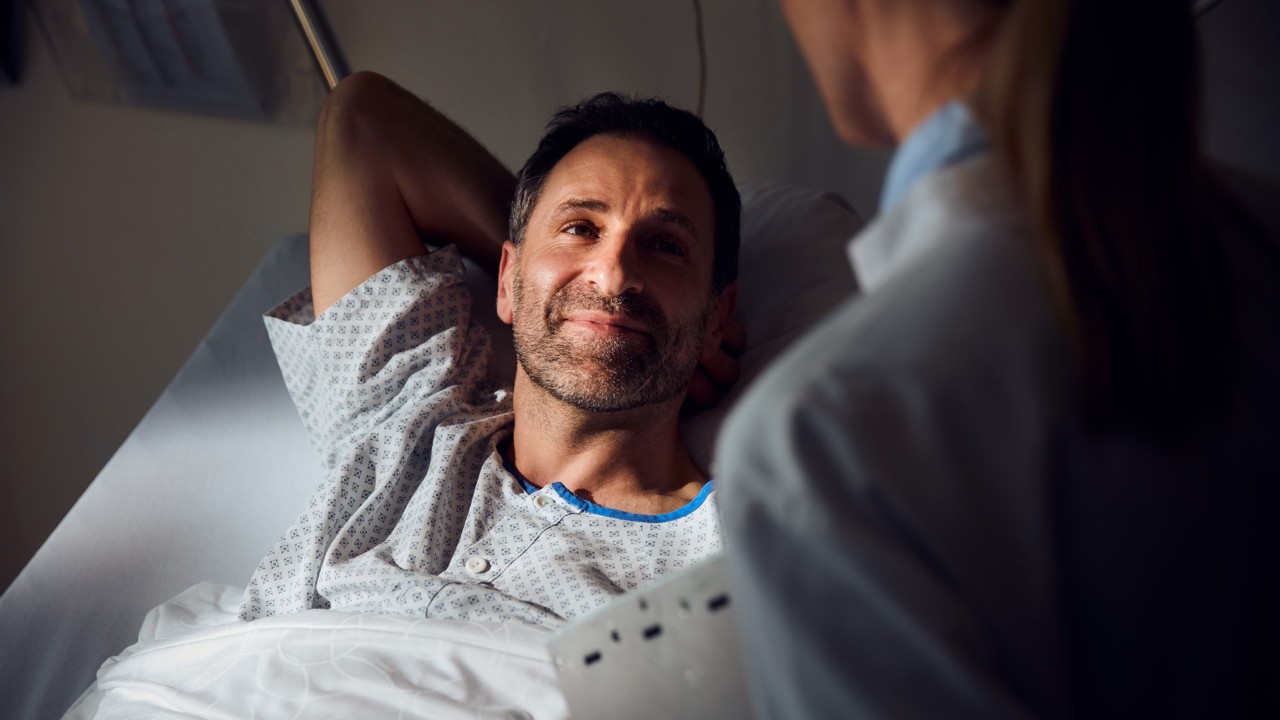Travel safely: vaccinations and travel first-aid kit
Parasites and other exotic pathogens can spoil a holiday, but this can often be prevented if you’re prepared and take the necessary precautions.

Nausea, diarrhoea, fever, aches and pains: Anyone travelling to far-flung countries, particularly the tropics, subtropics or developing countries, can get up close and personal with any number of pathogens. In addition to a few precautionary measures and a well-stocked first-aid kit, adequate sleep and sufficient breaks are also recommended. because fatigue and exhaustion weaken the body’s natural defences – and a trip to a different climate zone and the many new impressions are exhausting.
Preventing diarrhoea
In Asia, Africa and South and Central America, there’s a high risk that you’ll suffer from diarrhoea while travelling. It can be caused by unfamiliar food, stress due to the change in climate and time zone, and poor hygiene standards. Pathogens are mostly absorbed through food and dirty drinking water. If you have severe diarrhea that lasts for several days, you should consult a doctor or Medgate. A stomach bug can have long-term consequences, so it’s worth taking a few precautions:
- No raw food: cook or peel food. Meat and fish should be cooked thoroughly.
- Drink only bottled water. Or boil the water first or filter it using a special water filter.
- Clean your teeth using bottled water.
- Don’t use ice cubes, unless they are industrially produced with drinking water.
- Always wash your hands thoroughly.
- Be wary of food sold locally on snack stands, because hygiene standards are often inadequate.
Which vaccinations do you need?
Depending on where you’re going and what you plan to do there, certain vaccinations are recommended, such as typhoid, hepatitis A and B or rabies. An up-to-date vaccination against yellow fever is even compulsory to be allowed to enter some countries. An international vaccination booklet, issued by your doctor, is also required to prove your vaccination protection. If you’re planning a trip to distant countries, make an early appointment with your family doctor or tropical medicine doctor for advice.
Basic insurance covers the vaccinations that are generally recommended in Switzerland, such as those against diphtheria (bacterial infection of the upper respiratory tract). Some vaccinations for travel are covered by supplementary insurance in accordance with the general terms of insurance. Sanitas insurers can use the Cover Check on the Sanitas Portal to find out which vaccinations are covered by their insurance. They can also create a digital vaccination booklet in the app to have an overview of their vaccination status at all times
Malaria prophylaxis and mosquito protection
There’s no vaccination against malaria. If you travel to a high-risk malaria area, you may need to take antimalarial tablets before you leave. Depending on the destination, however, a malaria prophylaxis may also be sufficient, which can be taken along in case of emergency. Whatever the case, you really have to visit your family doctor or tropical medicine specialist before travelling to malaria risk areas.
Not getting bitten by mosquitoes in the first place is the most important protection against malaria and other mosquito-borne diseases. Take enough mosquito spray and a waterproofing agent for your clothes with you. It’s also advisable to wear trousers and long-sleeved t-shirts and to hang a mosquito net over your bed.
What do you need in a travel first-aid kit?
You should always take a travel first-aid kit when you go on holiday. You don’t want to have to waste time on holiday looking for a pharmacy. What’s more, if you don’t speak the language it can be hard to get the right medicine, or they may not have it in stock.
What you need to pack in your first-aid kit depends on your destination. For a city trip to Europe you only need plasters, bandages, disinfectant and pain medication. However, if you’re travelling further afield, you need to be better equipped. For example, you’ll need medication against diarrhoea, vomiting and travel sickness and antibiotics for emergencies (always consult a doctor before taking them). A thermometer in a robust case, tweezers and a small pair of scissors can also come in very handy. If you’re travelling to very remote areas you may even need sterile materials such as syringes, cannulas and gloves. A checklist for your first-aid kit will help you pack. Urgently needed medication should be divided between your hand and hold luggage.


